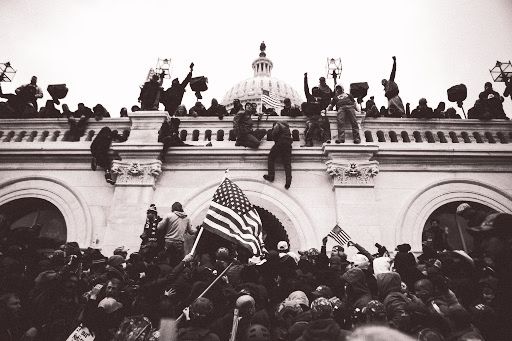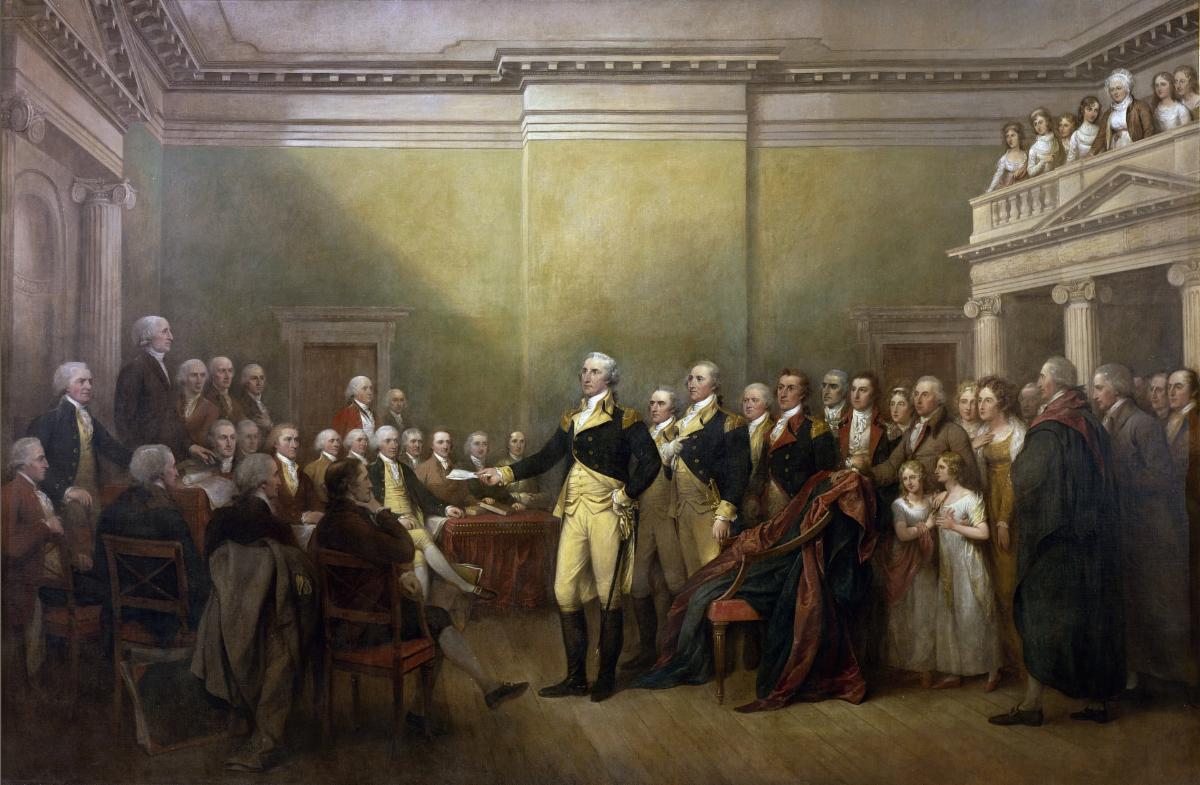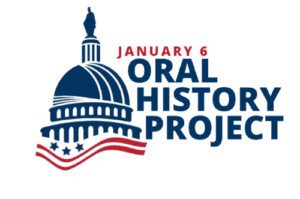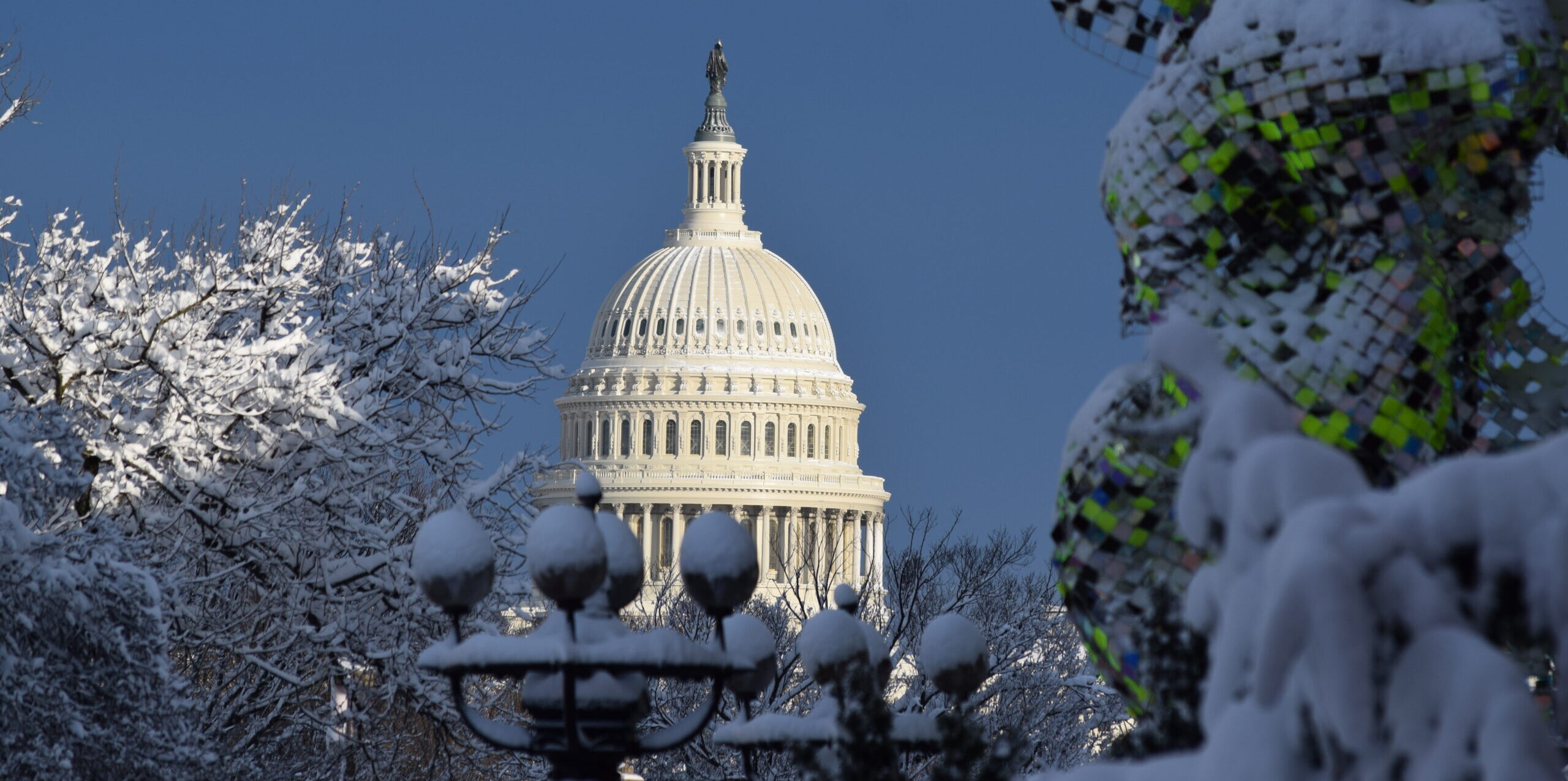 This Saturday, we recognize the third anniversary of January 6: the greatest threat to American democracy since the Civil War. Just two weeks prior, though, our nation marked another occasion: the 240th anniversary of George Washington resigning his military commission. While it might seem inconsequential today, it may have been the greatest act in American history.
This Saturday, we recognize the third anniversary of January 6: the greatest threat to American democracy since the Civil War. Just two weeks prior, though, our nation marked another occasion: the 240th anniversary of George Washington resigning his military commission. While it might seem inconsequential today, it may have been the greatest act in American history.
In the 18th century, the leader of a winning revolutionary force became king. Yet Washington forewent that opportunity to return to his farm and yielded his power to Congress instead. So selfless was Washington’s act that King George III supposedly said, “If he does that, he will be the greatest man in the world.”
 At the very least, he was the greatest man for that moment in American history—for his sacrifice not only set the precedent for our peaceful transfer of power but also set the example that in the United States, our leaders prove their greatness by relinquishing power, not clinging to it. For this, Americans unanimously elected Washington our first president, having already proven that he could be trusted with power.
At the very least, he was the greatest man for that moment in American history—for his sacrifice not only set the precedent for our peaceful transfer of power but also set the example that in the United States, our leaders prove their greatness by relinquishing power, not clinging to it. For this, Americans unanimously elected Washington our first president, having already proven that he could be trusted with power.
Eight years later, Washington retired one last time “from the great theatre of action,” yet left with a warning to citizens about the “baneful effects of the spirit of party” permeating American politics. But try as he did, even Washington couldn’t prevent the ensuing “Party Wars of the 1790s” between Republicans and Federalists who had agreed on American independence but not what independence meant. For this reason, when Republican leader Thomas Jefferson replaced staunch Federalist John Adams in the White House, he called it “the Revolution of 1800.”
Yet this revolution was one of ideas and words, not bullets and guns. Adams followed his constitutional mandate by yielding the presidency to Jefferson. In his inaugural address, Jefferson insisted that the values that bond Americans—law, liberty, democracy—are stronger than the petty disputes that divide us: “Every difference of opinion is not a difference of principle…We are all republicans: we are all federalists.”
And so it was until the nation was torn apart by slavery, resulting in a civil war that cost half a million Americans their lives, including our newly reelected president. It was arguably the only time in U.S. history that we failed a peaceful transfer of power. That is, until January 6, 2021.
On that fateful day, thousands of rioters stormed the Capitol, fought and injured at least 140 police officers, and threatened the lives of lawmakers and their employees—all for the purpose of overturning the results of a free and fair election. This wasn’t patriotism. It was terror, forcing mothers and fathers, and sons and daughters, to seek shelter, to seek medical attention, and to fear for their lives.
And yet, that same night, those same mothers and fathers and sons and daughters showed their resilience by returning to work to clean the building, certify the election, and protect our democracy. As Lincoln biographer Carl Sandburg once poignantly conveyed to Congress, “wherever there is freedom there have been those who fought and sacrificed for it.”
The U.S. Capitol Historical Society is responsible for sharing their stories. It is your responsibility not to forget them.
 The Society continues to collect these stories for our January 6 Oral History Project to preserve these memories and their lessons for future generations of American citizens, scholars, and patriots. The Society invites the Capitol Hill and Congressional communities to participate in the project, including Capitol Hill residents, Members and staff of both parties, U.S. Capitol building employees, and the families of any person impacted by January 6.
The Society continues to collect these stories for our January 6 Oral History Project to preserve these memories and their lessons for future generations of American citizens, scholars, and patriots. The Society invites the Capitol Hill and Congressional communities to participate in the project, including Capitol Hill residents, Members and staff of both parties, U.S. Capitol building employees, and the families of any person impacted by January 6.
We have interviewed senior, junior, and midlevel Capitol employees and their families, Capitol police officers, journalists, and residents of the Capitol Hill neighborhood. Men and women, both younger and older, and members of both political parties have shared their memories with us. But the one commonality between each is their unwavering love for the United States and belief in our democratic system of government.
Those interested in sharing their story can learn more about the project at January6History.org. Options for temporary or long-term anonymity are available through the project’s screening form.


